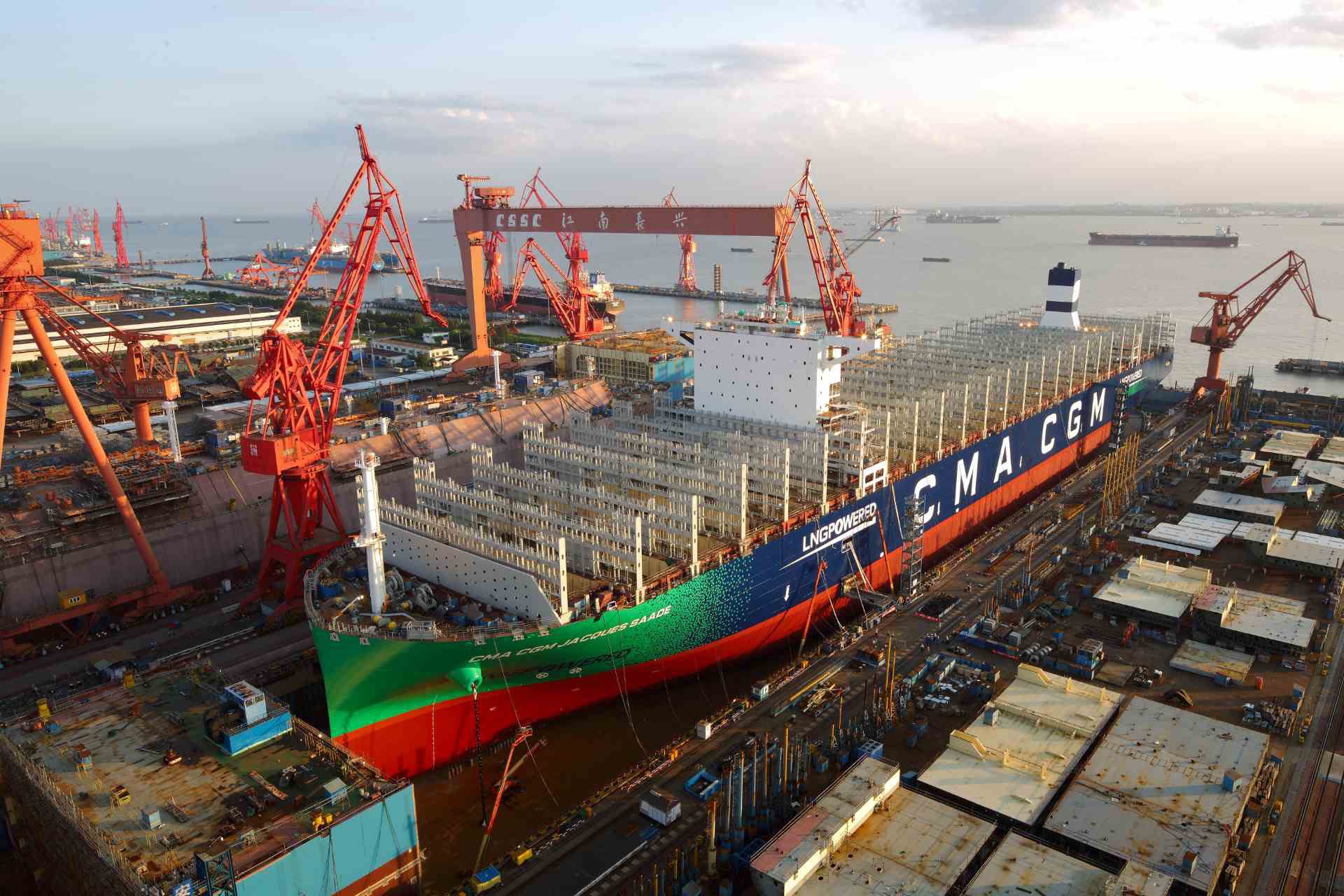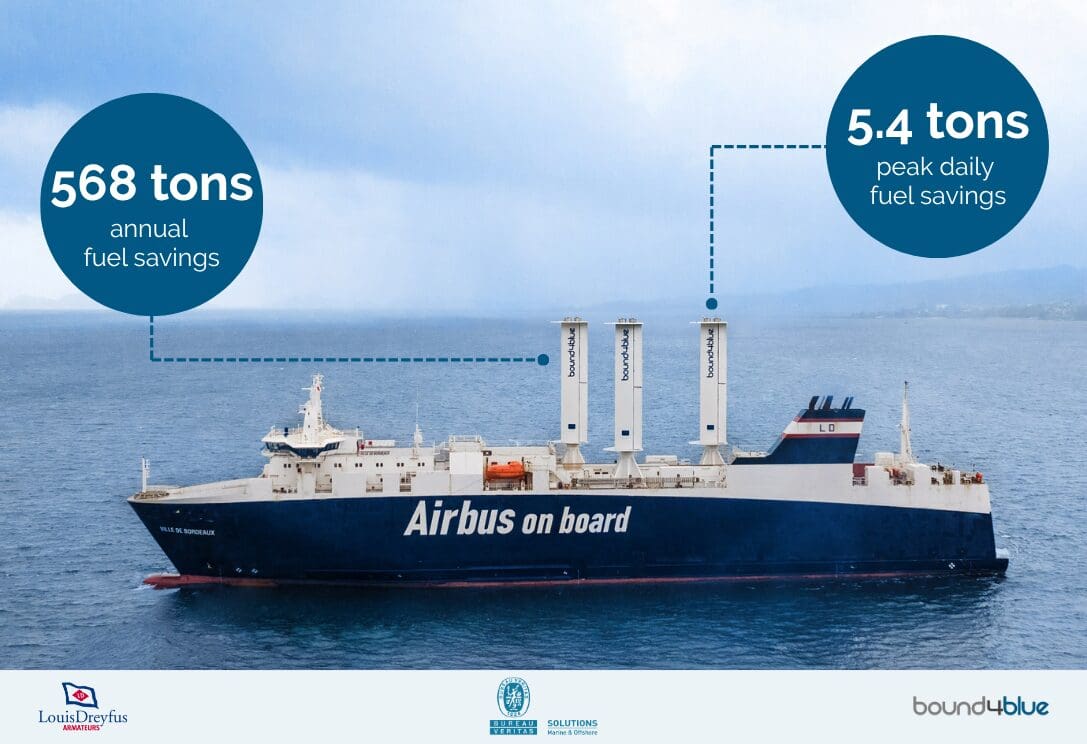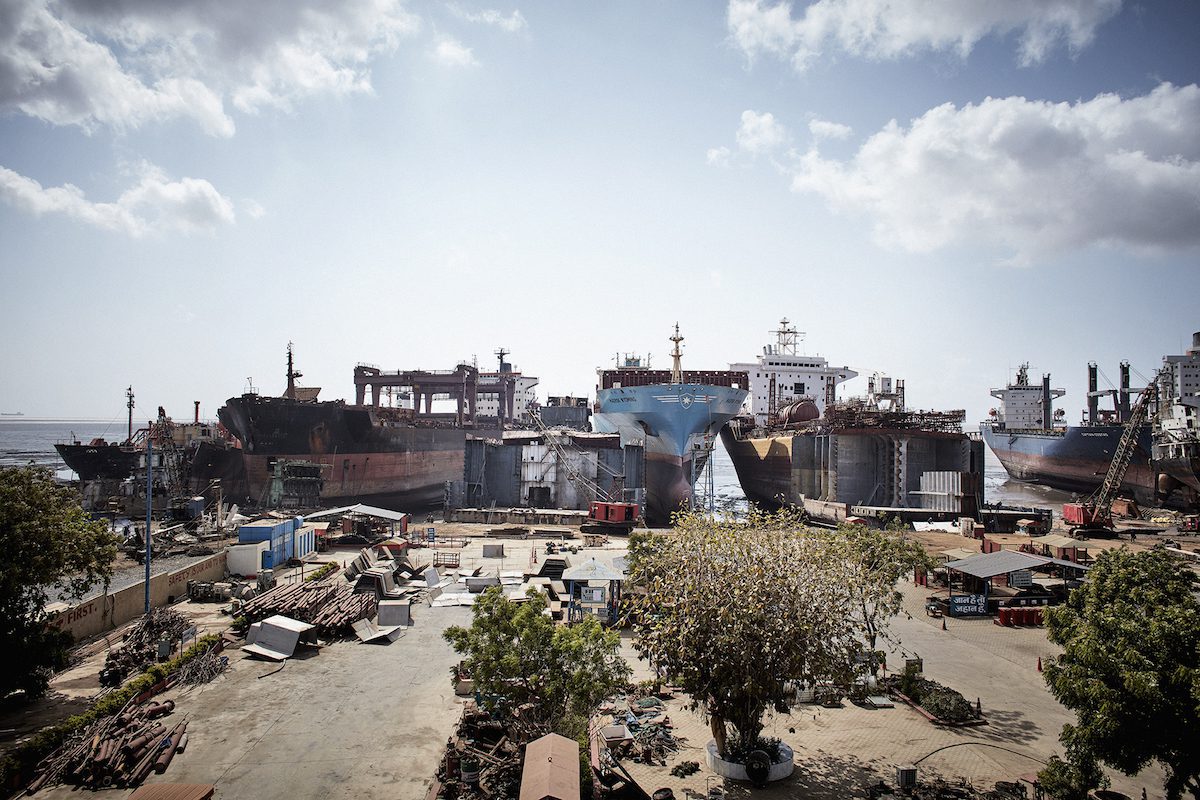The Biden Administration on Tuesday announced the first-ever “blueprint” to decarbonize America’s transportation sector, which includes both domestic and international maritime shipping.
The landmark strategy was jointly developed by the Departments of Energy, Transportation, Housing and Urban Development, and the Environmental Protection Agency following the signing of a memorandum of understanding in September which set out plans to aggressively reduce greenhouse gas emissions and achieve net-zero emissions economy-wide no later than 2050.
“Transportation policy is inseparable from housing and energy policy, and transportation accounts for a major share of US greenhouse gas emissions, so we must work together in an integrated way to confront the climate crisis,” said U.S. Secretary of Transportation Pete Buttigieg. “Every decision about transportation is also an opportunity to build a cleaner, healthier, more prosperous future. When our air is cleaner; when more people can get good-paying jobs; when everyone stays connected to the resources they need and the people they love, we are all better off.”
The transportation sector accounts for the largest share of GHG emissions and is a key driver of air pollution. For maritime vessels, the blueprint sets out a plan that will require innovate practices and a strong, immediate commitment to innovation and deployment of new and emerging technologies. According to EPA estimates, approximately half of U.S. marine vessel carbon emissions are from international shipping, while roughly 30% is from domestic shipping and 20% from recreational boats.
Considering the fact that the maritime industry is international in scope, decarbonizing the sector will require intergovernmental collaboration. During the 2021 Leaders Summit on Climate, President Biden pledged to work with counties in the International Maritime Organization (IMO) to revise the global regulator’s decarbonization strategy and adopt a new goal of zero emissions by 2050. But despite the variety of potential decarbonization fuels, technologies, and policies under development, the best pathway for decarbonization the maritime sector is unclear and, accordingly, multiple approaches are likely necessary.
The blueprint sets out a variety of priority actions from research and innovation into viable alternative fuels (like certain types biofuels, ammonia, hydrogen, and methanol) to new energy-efficient technologies (such as battery power, in-port shore power or “cold ironing”, exhaust treatment and carbon capture, and even the use of renewable energy for supplemental propulsion or auxiliary electrical power generation). Investments in infrastructure through new and existing federal programs will also play a key role, as will engagement with international stakeholders through the Department of Transportation’s Maritime Administration.’
Specifically, the new blueprint identifies the following federal goals for the shipping industry:
- Ensure that 5 percent of the global deep-sea fleet are capable of using zero-emission fuels by 2030.
- Enable at least 10 large trading ports across at least three continents to supply zero-emission fuels by 2030.
- Increase sustainable fuel R&D and incentivize U.S. commercial vessel operators to move towards lower GHG emissions.
- Push the International Maritime Organization (IMO) – the UN body charged with regulating the maritime shipping industry – to adopt a goal of achieving zero emissions from international shipping by 2050.
The Blueprint will be followed by more detailed decarbonization action plans at some point in the future.
“The domestic transportation sector presents an enormous opportunity to drastically reduce emissions that accelerate climate change and reduce harmful pollution,” said U.S. Secretary of Energy Jennifer M. Granholm. “DOE is prepared to implement this Blueprint alongside our partners within the Biden-Harris Administration to ensure all Americans feel the benefits of the clean transportation transition: good-paying manufacturing jobs, better air quality, and lower transportation costs.”

 Join The Club
Join The Club











